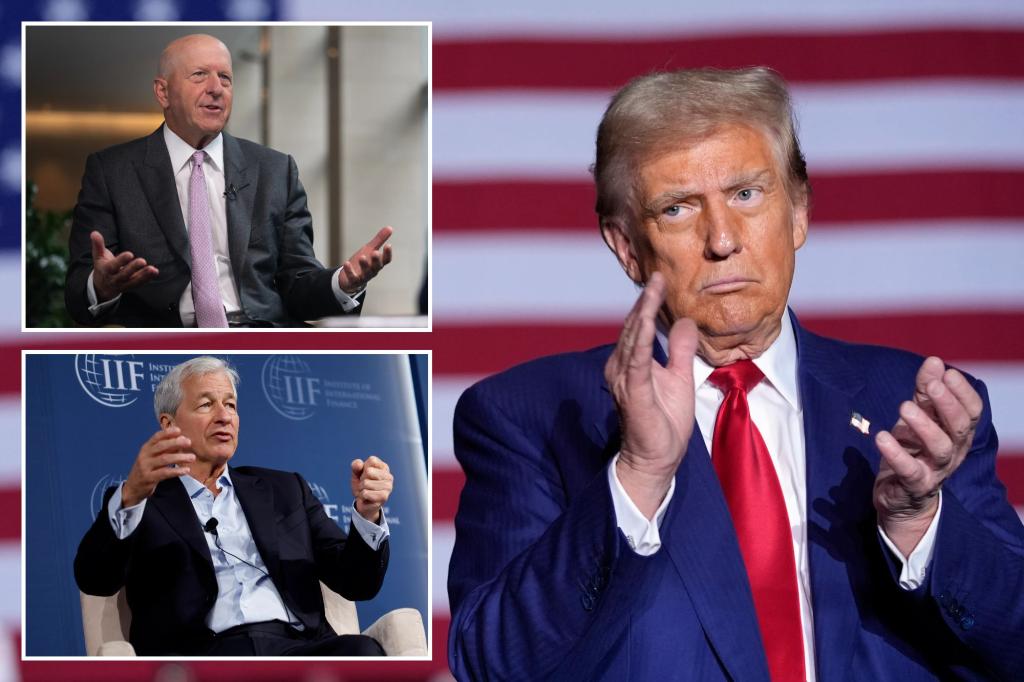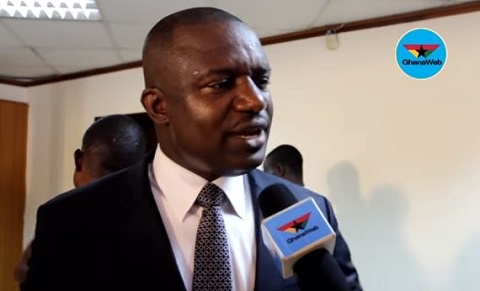Wall Street’s Shift: Big Bank CEOs Reconsider Support for Kamala Harris Amid Polling Concerns
In a surprising turn of events, some of Wall Street’s most prominent figures are beginning to distance themselves from their initial backing of Kamala Harris as the Democratic presidential candidate. As the race heats up, these financial titans are reportedly getting cold feet, not because they’re embracing Donald Trump’s agenda, but due to alarming poll numbers that suggest Trump might be gaining the upper hand in the race for the White House.
Sources within top financial firms, including Goldman Sachs and JPMorgan, reveal that CEOs like David Solomon and Jamie Dimon are experiencing a significant shift in sentiment. Initially, they rallied around Harris after the Democratic Party sidelined Joe Biden, but as the campaign progresses, they are now grappling with the reality that their early enthusiasm may have been misplaced.
The Polling Panic
The unease among these financial leaders stems from access to private polling data that indicates a tightening race between Harris and Trump. While the public may not be privy to these insights, Wall Street executives are known for their keen eye on market trends, and the current trajectory has them worried. The Republican National Convention, featuring a lineup of non-traditional speakers like Hulk Hogan and Kid Rock, has only added to their concerns about the direction of the Trump campaign.
CEOs are particularly sensitive to Trump’s brash style and populist promises, which starkly contrast with their globalist business interests. They had initially viewed Harris as a safe bet, but now they’re reconsidering their stance as they witness her campaign falter under scrutiny from average voters.
A Financial Windfall for Harris
Despite the growing apprehension, Harris has managed to raise over $1 billion since taking the lead in the Democratic race, much of it from corporate donors. This influx of cash initially led some economists at Goldman Sachs to prematurely celebrate her economic policies, suggesting they would be more favorable for growth than Trump’s proposed tariffs and regulatory cuts.
However, as the campaign has unfolded, the optimism surrounding Harris’s economic vision has begun to wane. Her vague proposals on issues like unrealized capital gains taxes and price controls have left many questioning her ability to govern effectively.
Backtracking on Support
As the reality of the race sets in, both Solomon and Dimon are taking steps to distance themselves from their previous endorsements. Solomon recently clarified that a pro-Harris report from Goldman was merely the opinion of an independent analyst and not reflective of the firm’s official stance. Meanwhile, Dimon has publicly stated that he has no intention of joining either a Harris or Trump administration, emphasizing his commitment to remaining neutral.
This backtracking is a clear indication that these CEOs are wary of aligning themselves too closely with a candidate who may not secure the presidency. They are acutely aware of the potential repercussions of being seen as political enemies should Trump regain power.
The Future of Wall Street Politics
As the election approaches, it’s likely that Solomon and Dimon will adapt their rhetoric to align more closely with the prevailing political winds. If Trump continues to gain traction in the polls, we may see these financial leaders start to embrace some of his policies, including tariffs, as they seek to navigate the complex landscape of American politics.
In the world of finance, where perception can significantly impact market performance, the stakes are high. Wall Street’s shifting allegiances reflect a broader uncertainty about the future, and as the election draws nearer, the pressure on these CEOs to make the right call will only intensify. For now, they’re playing it safe, but in politics, as in finance, the game is always changing.



